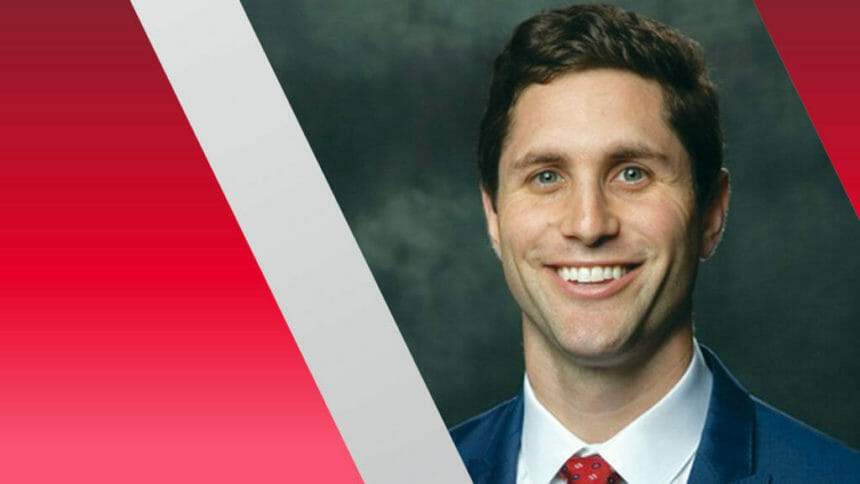
More than a month after state lawmakers were supposed to finalize the state’s 2024 budget, nursing home operators in Pennsylvania were watching carefully Thursday to see how a new spending bill might shake out.
After securing a historic 17% Medicaid rate increase in 2022 and agreeing to staffing minimum increases set to ratchet up over several years, nursing homes were left shocked by factors that could actually result in lower payments to some.
The state’s largest advocacy organization Thursday warned of “catastrophic implications” and a doomsday scenario that could force some providers to close.
“The fallout from unfunded mandates and a reimbursement system that doesn’t account for a costly pandemic will be catastrophic for long-term care providers who are simply trying to care for our state’s most vulnerable and low-income population,” said Zach Shamberg (pictured), president and CEO of the Pennsylvania Health Care Association. “Why is the state turning its back on the essential care of our seniors and adults with disabilities? With median operating margins already at minus-8.2%, greater financial burden will collapse the long-term care system – and ultimately, the entire healthcare continuum.”
Gov. Josh Shapiro (D) had proposed spending about $3.99 more per resident per day on nursing home Medicaid patients next year. PHCA has advocated for a $12.50 increase to cover the cost of the staffing mandates and other investments.
The concerns are compounded by two other factors that could, for some, actually lower payments.
The Department of Human Services’ latest rebasing took into account COVID reimbursement and created “grave financial volatility,” dropping payment for about 4,000 Medicaid residents at 70 nursing homes by $19 a day. PHCA has advocated for a legislative fix to the state’s fiscal code, but that code was not ready along with a Senate spending bill sent to and signed by Shapiro Thursday.
Funding of the Medicaid Day One Incentive program for nursing homes caring for high-Medicaid populations also has been put in jeopardy by the impasse. Providers who rely on the program have no idea when they might see funds allocated.
Negative turn
The month-plus of uncertainty follows what had been a hopeful era for the state’s skilled nursing providers. The 2022-23 state budget included an agreement between Pennsylvania’s former governor, Tom Wolf, legislative leaders, workers’ unions and industry stakeholders to increase nursing home staffing requirements in both 2023 and 2024 if funding was included in state Medicaid reimbursements.
Lawmakers already on summer break returned to the state capitol to vote on the new budget this week, but it was unclear at deadline if they would stick around long enough to finalize the fiscal code or tackle the rebased reimbursement rates.
“Code bills, such as the Fiscal Code, are the instruction manual containing the details that direct how some of the funding in the general appropriations bill gets spent. Final agreement on the code bills has yet to materialize,” Charles Quinnan, senior vice president and chief government affairs officer for LeadingAge PA posted on Twitter late Thursday.
“LeadingAge PA will continue its efforts to elevate the funding and workforce challenges facing our members throughout this budget process and in 2024,” he added. “Unless progress is made on the code bills, the House and Senate are not scheduled to return to session until next month.”
Steve Tack, president and CEO of Quality Life Services in the Pittsburgh area, is on edge watching recent budget events.
“Last year, the state made a commitment to providers to fund a new, costly staffing requirement,” he said in a press release issued by PHCa. “And now it seems like our elected leaders are back-peddling on their responsibility by not upholding their end of the agreement. We warned of the costs. If the state no longer wants to pay for its mandate – to invest in the care of our commonwealth’s low-income seniors – then the mandate should be voided.”



